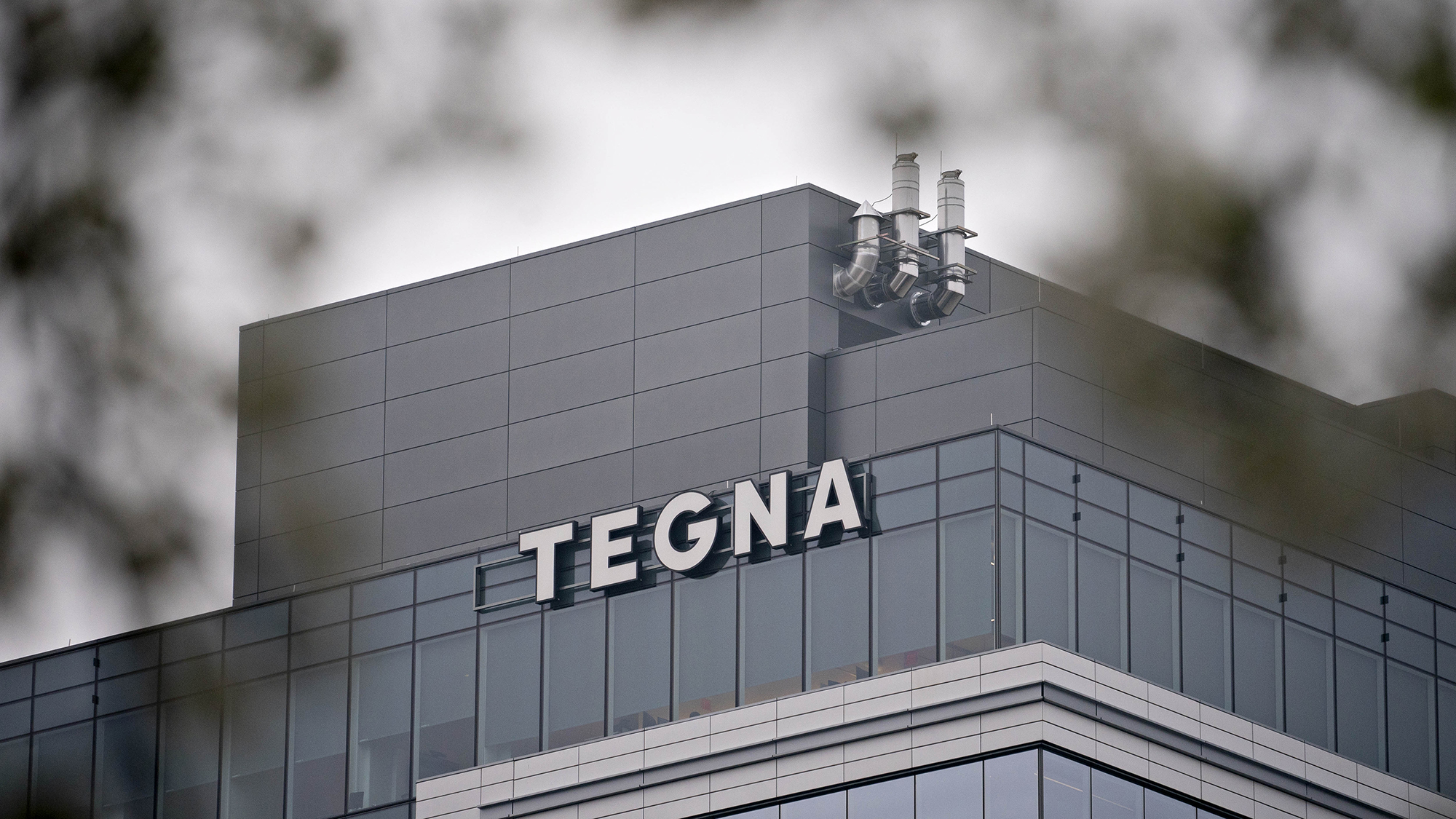FCC Probes Arguments of Standard General-Tegna Deal Opponents
FCC said to have asked for meeting

The smarter way to stay on top of broadcasting and cable industry. Sign up below
You are now subscribed
Your newsletter sign-up was successful
Opponents of the $8.6 billion Standard General-Tegna deal met with top FCC officials this week to talk about the former’s issues with the deal — particularly the documents those opponents say the merging parties should be producing — and the regulator apparently asked for the meeting.
There was some disagreement over who sought the meeting, with some inside-the Beltway deal-watchers saying the Federal Communications Commission sought out the unions, and others that the unions proposed the meeting to the FCC.
When asked, meeting participant Andrew Schwartzman confirmed the FCC had sought the meeting.
The opponents also talked about why they had standing before the FCC to participate in their challenge to the deal.
According to an FCC document, Schwartzman, counsel for The NewsGuild-CWA and the National Association of Broadcast Employees and Technicians (TNG-CWA/NABET-CWA) and Jon Schleuss, president of The NewsGuild-CWA met with Holly Sauer, chief of the Media Bureau, which is vetting the deal, and David Strickland, media legal advisor to FCC Chairwoman Jessica Rosenworcel.
Also: Standard General Says FCC Comment Extension Could Cost Millions
They told the FCC that it should make the companies fork over their requested case documents. They said the commission has been too lax in “assessing applicants’ [Standard General and Tegna] assertion that various case documents are not 'germane' and thus need not be submitted.”
The smarter way to stay on top of broadcasting and cable industry. Sign up below
Also up for discussion was Tegna and Standard General's challenge of TNG-CWA/NABET-CWA standing to oppose the deal, standing the unions argue they have already established, both as organizations and as concerned citizens/viewers.
Also: Groups Say Tegna Deal Will 'Jack Up' Cable Prices
As to Standard General’s and Tegna’s arguments that pay TV subs fall into the “private contractual harms” category that the FCC has not previously found to raise public interest harms, Schwartzman and Schleuss said increased prices, which they argue will be a result of the deal, are a “paradigmatic” consumer-welfare harm.
Last month, the FCC gave the key communications unions and advocacy groups a two-week extension on the Aug. 1 deadline for comment on the proposed merge. ■
Contributing editor John Eggerton has been an editor and/or writer on media regulation, legislation and policy for over four decades, including covering the FCC, FTC, Congress, the major media trade associations, and the federal courts. In addition to Multichannel News and Broadcasting + Cable, his work has appeared in Radio World, TV Technology, TV Fax, This Week in Consumer Electronics, Variety and the Encyclopedia Britannica.

